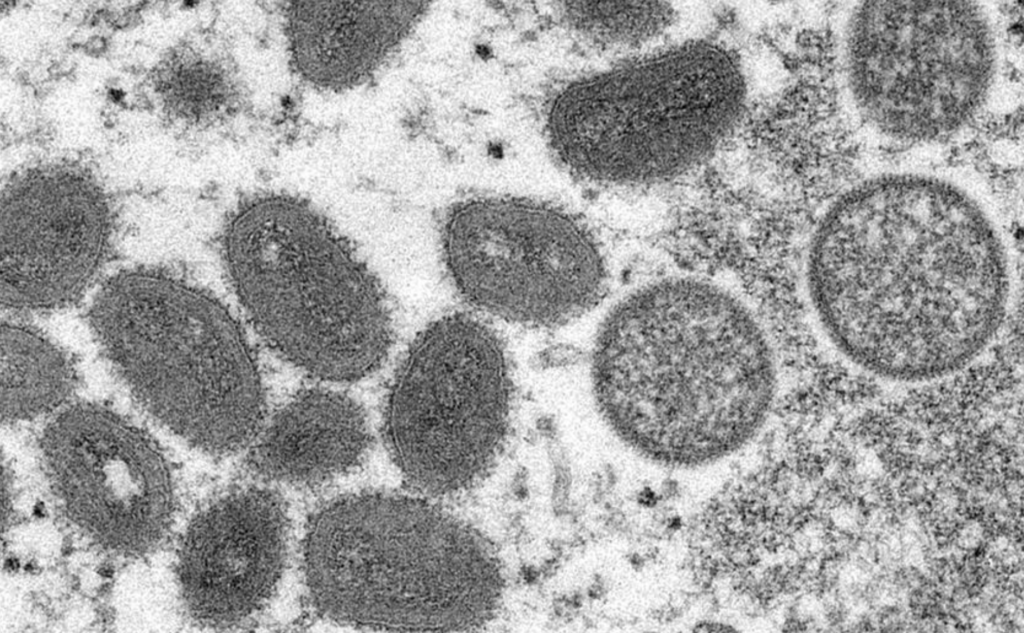The World Health Organisation (WHO) has issued a public call for proposals for a new name for monkeypox, as the current name can come across as stigmatising or racist.
An international group of experts from the WHO has already agreed on a new name for the two variants of monkeypox. Previously, these referred to the place where the variants first appeared (the Congo Basin and West Africa, respectively) but from now on, they will simply be referred to by the Roman numerals I and II.
Still, the WHO also wants a new name for the virus itself.
"The monkeypox virus was named upon first discovery in 1958 before current best practices in naming diseases and viruses were adopted," the organisation said in a statement. At the time, the virus turned up in laboratory monkeys in Denmark, but it is mostly circulating among rodents in Africa.
Avoiding offence
The current best practice is that newly-identified viruses, related disease(s), and virus variants should be given names that "avoid causing offence to any cultural, social, national, regional, professional, or ethnic groups, and minimise any negative impact on trade, travel, tourism or animal welfare."
This, however, was not the case with monkeypox, a group of epidemiologists stated at the end of June. The variant currently circulating outside Africa is the West African variant but scientists say it is too simplistic to say this outbreak originated in Africa and pointed to evidence from recent research that monkeypox may have been circulating undetected outside Africa for some time.
In recent months, other critics have also pointed out that "monkey" is sometimes used as a racial slur against black people.
Related News
- Monkeypox on the rise in Belgium: Here's what we know
- Help centre and raising awareness: Flanders steps up monkeypox information campaign
- First female monkeypox patient diagnosed in Belgium
In addition, the name monkeypox is misleading given that the source of the virus is not monkeys but rodents. This misunderstanding can have serious consequences, as residents of the Brazilian city of Sao Jose de Rio Preto poisoned at least ten monkeys out of fear of the virus last week, according to reports in local media.
The WHO has given an expert panel the task of coming up with a new name but it is also holding an open consultation, meaning anyone wishing to propose new names can do so on a forum opened by the group.

